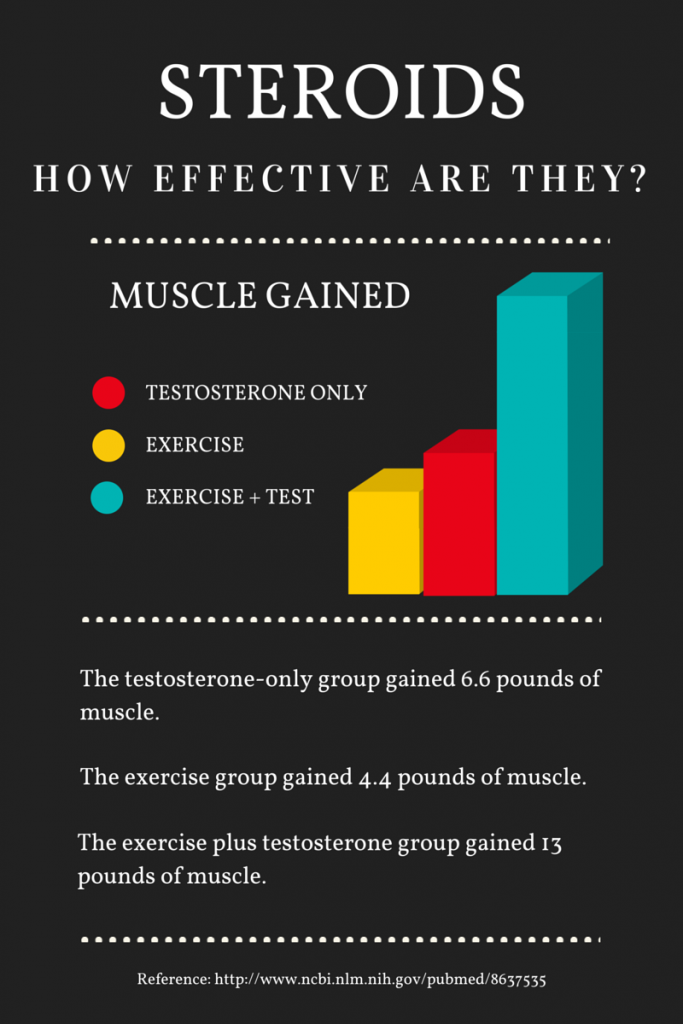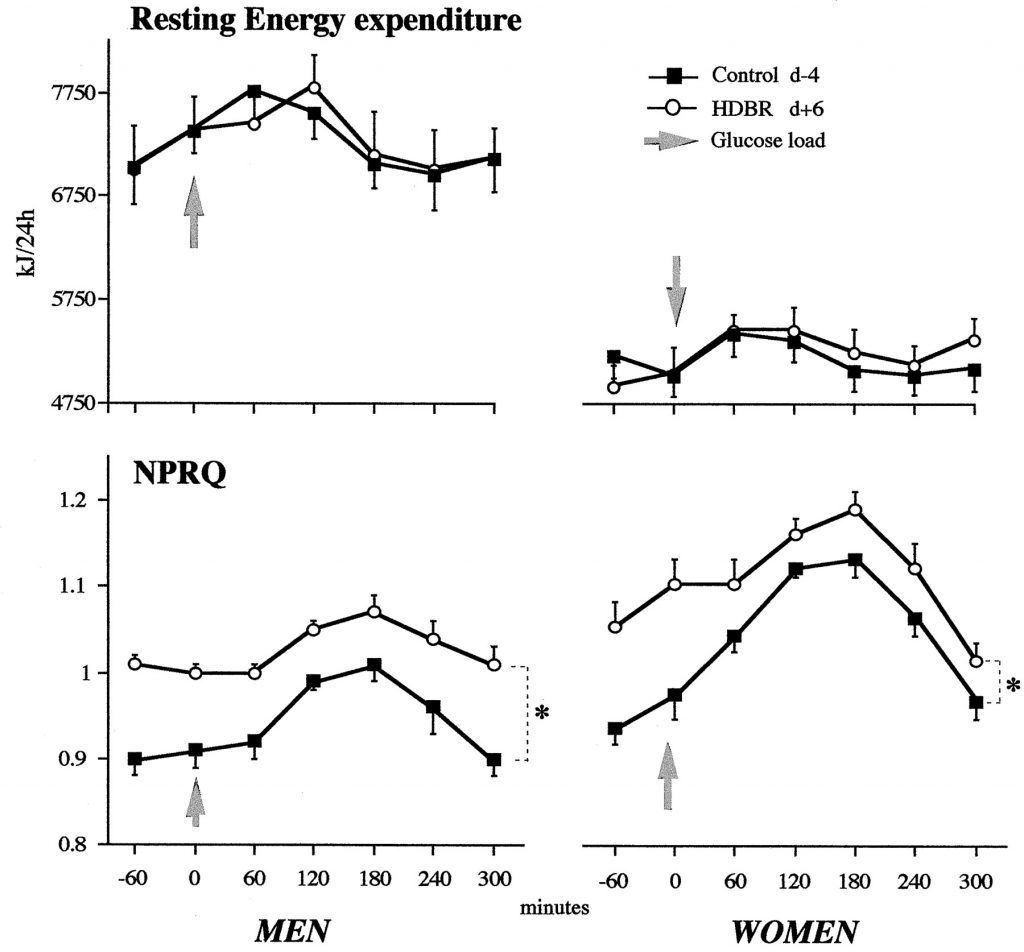Does Adding Muscle Make You Burn More Calories?
A few days ago I saw a really interesting article shared on Twitter by Timothy Caufield talking about metabolism boosting myth busting. One element that caught my eye and the eye of a few others was that adding muscle mass wouldn’t increase energy expenditure by any meaningful amount.
This is kind of a big one for a lot of people as the prevailing belief is that being jacked makes you immediately have the fat burning capabilities of a furnace on high in Phoenix in July, but the additional muscle on its’ own doesn’t really do a lot.
In a great summary by Paige Kinucan and Len Kravitz, they outlined that muscle tissue itself has a resting metabolic rate of between 4.7 and 7.0 calories per pound of body mass per day, and that its greatest contribution to energy expenditure was from protein synthesis and breakdown, or more succinctly put, repair and regeneration following a hard workout.
To increase your resting energy expenditure by 100 calories per day, you’d have to slap on about 12-20 lbs of ropy protein-y goodness to your build. That sounds awesome, but isn’t something that’s very easy to do. In a study looking at the effects of exercise alone versus testosterone injections plus exercise, the exercise alone group gained 4.4 pounds of muscle in a 10 week intense training block, whereas the testosterone and exercise group gained a whopping 13.3 pounds of lean mass in the same time frame.

Image credit: https://www.muscleforlife.com/side-effects-of-steroids/
So to stay a natty bro and gain 10 lbs of beef would realistically take a year of dedicated training in a caloric surplus, which could realistically allow you to take one extra bite of an ice cream bar due to the increased resting metabolic rate of all that new tissue. If you’re hitting all the juice possible, it would still be a challenge to get that much mass, and definitely so for the ladies out there. There’s definitely some outliers who are super responders to weight training, but for the most part, people could expect a 3-6 lb of muscle gain per year of dedicated weight training.
Now one thing that having more muscle mass will allow you to do is move more weight, last longer at a given task with a set work output, and hopefully burn more calories at the same relative intensity. Imagine 2 people running side by side. One weighs 150 lbs and the other weighs 190 lbs. If they run the same speed and cover the same distance, the person who weighs 190 lbs will still have to work harder to do that run due to having to move their mass. The formula for power is (force x distance)/time, and if the distance and time are the same and the force the individual has to exert is increased to move the larger mass compared to the 150 lb person, they have to produce more work, which means caloric expenditure.
In short, more muscle lets you do more stuff and work harder, which is what burns more calories, not simply having the extra muscle.
Now interestingly, this can be shown in bed rest studies where the individuals are minimally active, essentially creating a complete deload phase for any muscles against the effects of exercise and tissue remodelling. One such study by Blanc et al showed that while muscle mass and fat mass proportions changed in limbs and in the trunk, total body composition wasn’t overly affected from 7 days of Head Down Bed Rest, and also showed the resting metabolic rates of both men and women were not significantly changed following this trial or had much difference from controls, but did increase as the individual was able to regain their pre-trial activities.

So the big outline of this is that adding muscle mass on its own won’t help you to burn a lot of calories, but can help you to do more work, which is what will actually burn more calories. If 5 extra pounds of muscle helps you to lift 20 pounds more on your deadlift, that extra work output will likely burn a couple more calories compared to lifting a lighter weight. Likewise for powering up a hill faster on a bike or in a run, it will help you produce more work, which burns more calories. These hard workouts will in turn cause a greater rate of protein synthesis and turnover of tissue, which will increase resting metabolic rate to a greater extent than simply having that tissue at rest.
Long story short: work out, train hard, extra muscle helps you do more stuff, and that stuff you do burns more calories.
Alright, rest periods over. It’s your set.